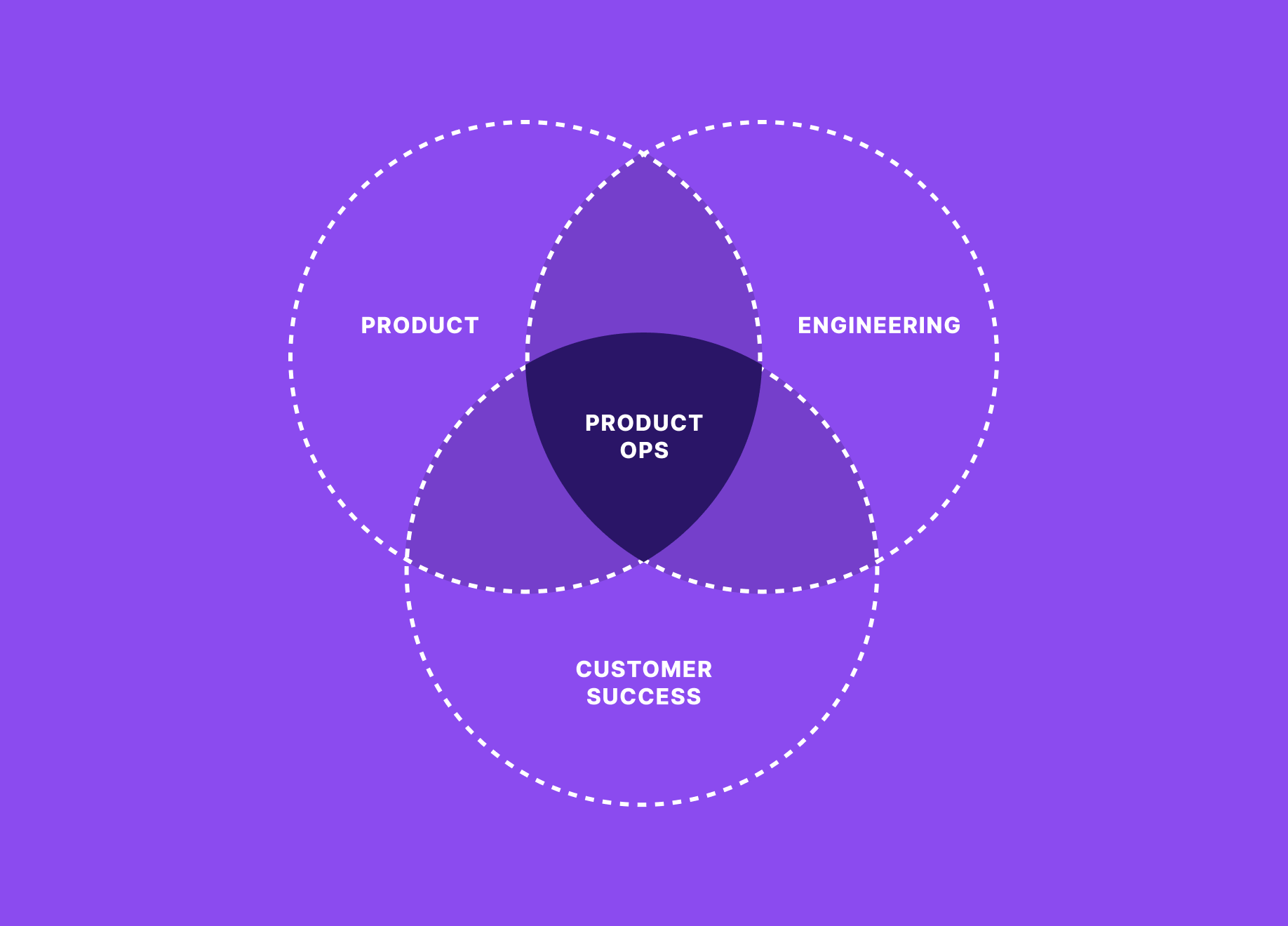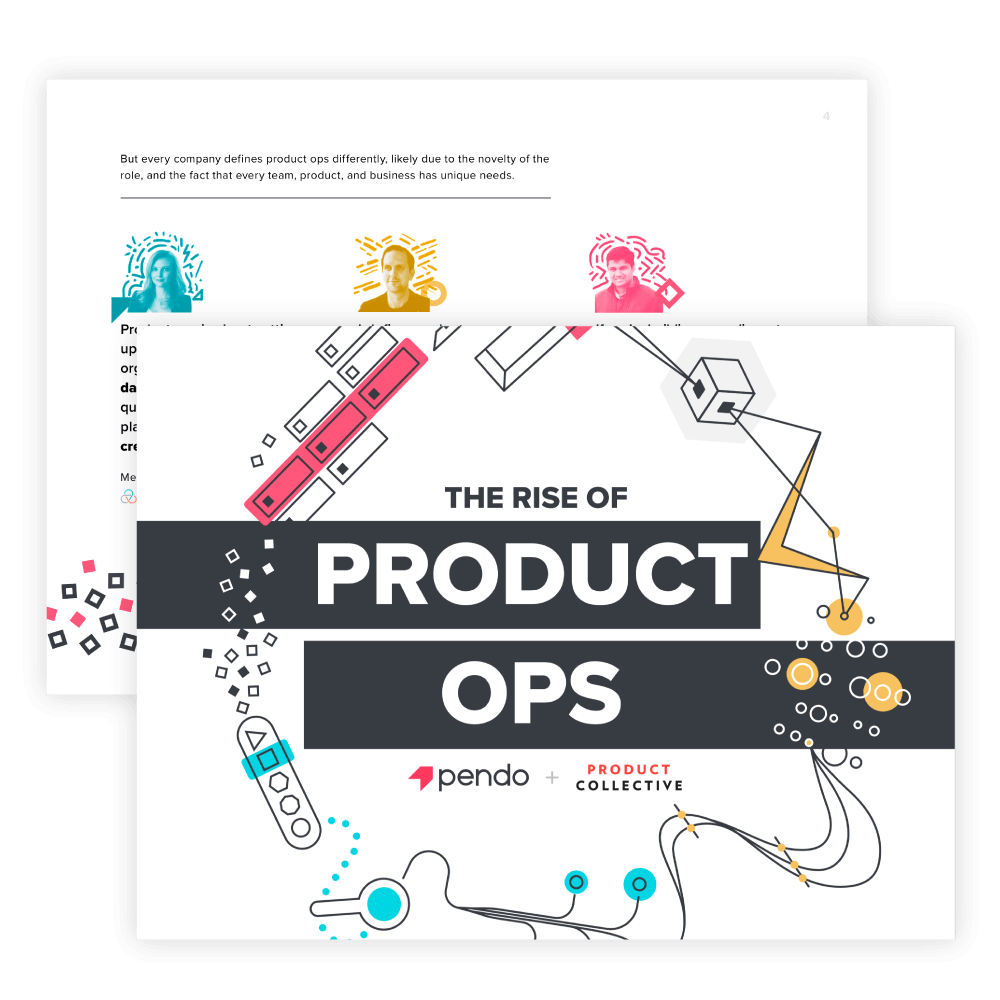Table of Contents
What is product ops?
Product ops (short for product operations) is an operational function that optimizes the intersection of product, engineering, and customer success. It supports the R&D team and their go-to-market counterparts to improve alignment, communications, and processes around the product. Effective product ops teams accelerate feedback loops, increase efficiencies, and improve feature adoption.
Product ops can be thought of as a role (or team) within an organization, as well as a skill product professionals can develop. Specific priorities within the product ops function may vary based on company maturity, industry, and the nature of the product itself.
Why is product ops important?
For product-led companies, the product is the focal point for each stage of the customer journey—from trial and purchase all the way through onboarding, expansion, and referrals—and product ops is key to the optimization of that experience. Just as sales ops, marketing ops, and DevOps became essential for their respective teams, product teams also benefit from an operational complement.
Product ops pros are often responsible for helping product management make more reliable decisions by equipping them with relevant usage data. Because product data is collected automatically (no manual entry, like with a CRM, for example), it tends to be among the “cleanest” data available to decision-makers. Gartner predicts that by 2021, 75% of software providers will rely on insights from embedded software analytics to inform product decisions and measure customer health.
For example, when their business saw an unexpectedly high number of new users, the product ops team at Firefly Learning turned to product data to understand which features this new cohort of users accessed the most. They then shared these insights with the broader product team to help focus efforts on the areas of the product that were most valuable.
What does product ops do?
Product ops responsibilities fall into five core areas:
- Tools: Similar to other ops roles, product ops manages the product tech stack, establishes internal best practices, and ensures team members are using tools effectively.
- Data: Product ops collects, organizes, and analyzes quantitative and qualitative product data and enables the entire organization to make the most of their insights. Data can include everything from product usage data, Net Promoter Score (NPS), and product stickiness to customer feedback, feature requests, and support tickets.
- Experimentation: To help eliminate friction within the product experimentation process, product ops tracks, sequences, and implements all experiments, and creates processes to drive efficiency.
- Strategy: Product ops fosters cross-departmental collaboration around the product, and uses their product insights to identify areas for improvement and inform business decisions.
- Trusted advisor: By providing product information to key decision makers, product ops is an important advisor to CPOs, VPs of product, and other R&D leadership.
Why does a company need product ops?
The main reason for establishing product ops is to take operational (and time-consuming) tasks off of product managers’ plates, so they can focus on building products that delight customers. With this also comes improved communication and efficiency, since product ops acts as a resource that provides product expertise for teams across the company.
Where can I learn more about product ops?
In partnership with Product Collective, Pendo published The Rise of Product Ops, an e-book on product ops, including a breakdown of its responsibilities, characteristics of a successful product ops person, and where the function fits within the larger product environment. In it you can also find insights from a diverse array product ops practitioners, and advice for getting started with product ops.
You might also like




